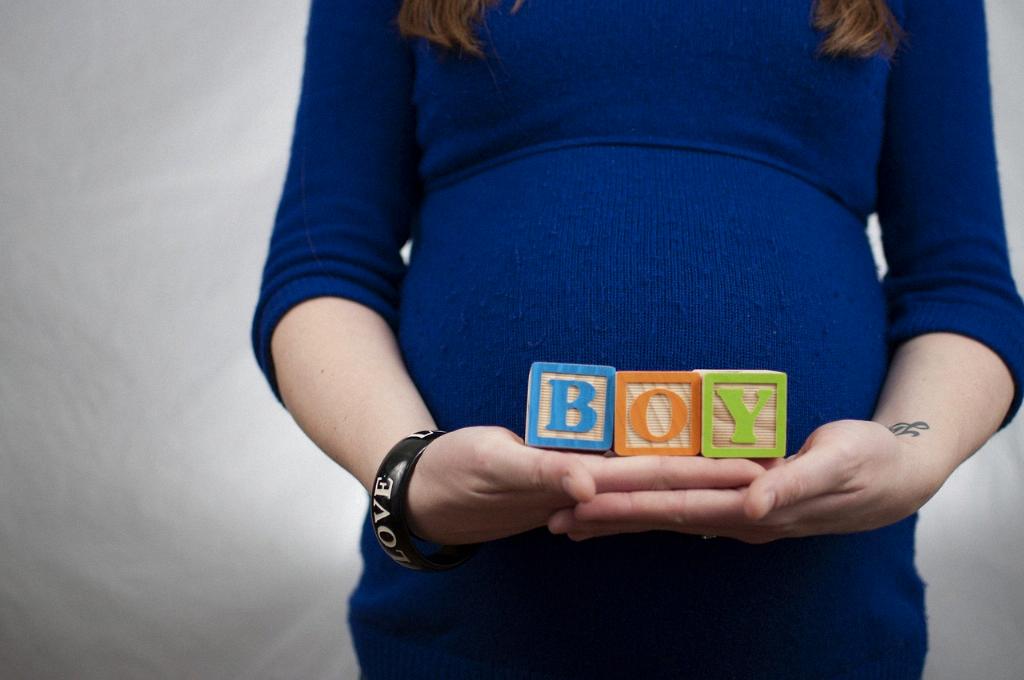Many expectant mothers wonder, “When does pregnancy vomiting start?” It is common knowledge that morning sickness is a common symptom during pregnancy, but the timing of its onset can vary from woman to woman. Typically, pregnancy vomiting starts around 6 weeks of gestation and reaches its peak at approximately 9 weeks.
During the early stages of pregnancy, hormonal changes, specifically an increase in human chorionic gonadotropin (hCG) levels, can trigger nausea and vomiting. This natural response is often referred to as morning sickness, although it can occur at any time of the day.
While most women experience relief from morning sickness during the second trimester of pregnancy, some may continue to have symptoms throughout the entire duration of their gestation. It is essential to communicate any discomfort or concerns regarding morning sickness to your healthcare provider for proper guidance and support.
It is important to note that mild morning sickness is typically harmless to both the mother and the baby. However, it is crucial to monitor the severity and frequency of vomiting episodes to ensure that adequate hydration and nutrition are maintained throughout pregnancy.
If you are experiencing frequent or severe vomiting that interferes with your daily activities or leads to dehydration, it is advisable to seek medical attention promptly. Your healthcare provider can assess your symptoms, provide appropriate treatment, and offer recommendations to help alleviate discomfort and ensure the well-being of both you and your baby.
Understanding the timing of pregnancy vomiting can help expectant mothers prepare for potential challenges during the early stages of gestation. By recognizing the common onset of morning sickness around 6 weeks of pregnancy, individuals can take proactive measures to manage symptoms effectively and seek professional guidance when needed.
Despite the discomfort associated with morning sickness, it is essential to remember that this natural response is a temporary phase of pregnancy for many women. By maintaining open communication with healthcare providers and following recommended strategies for managing symptoms, expectant mothers can navigate through this period with greater ease and confidence.
Every pregnancy is unique, and the timing and severity of pregnancy vomiting can vary among individuals. It is essential to prioritize self-care, listen to your body, and seek support when experiencing challenges during this transformative journey. Remember that you are not alone, and healthcare professionals are available to assist you every step of the way.
Overall, the onset of pregnancy vomiting typically occurs around 6 weeks of gestation, with peak symptoms around 9 weeks. While morning sickness is a common and often temporary aspect of pregnancy, it is crucial to monitor your well-being, seek medical advice when needed, and prioritize self-care throughout this transformative experience.
By staying informed, proactive, and attentive to your body’s needs, you can effectively navigate through the challenges of morning sickness and focus on the joy and anticipation of welcoming a new life into the world. Remember to reach out for support, practice self-compassion, and embrace the journey of pregnancy with resilience and determination.

